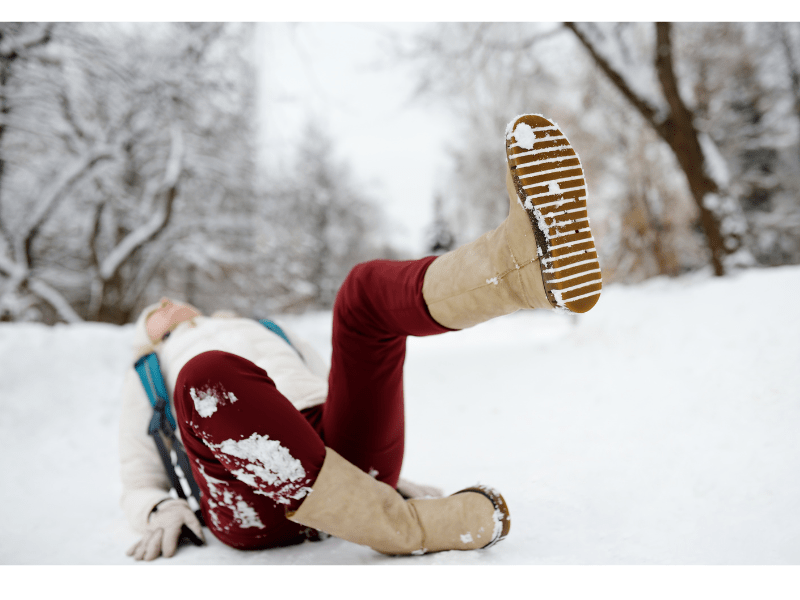Top Five Holiday Injuries to Avoid
The last three months of the year are among the happiest of the entire calendar. Americans seamlessly move between Halloween, Thanksgiving, and Christmas during the holiday season. However, the holidays may also boost exposure to certain risks that may not otherwise exist. Accidents increase as people gather to celebrate, but those celebrations may cause drunk driving, potential fall injuries, food poisoning, and other dangers. If you are injured by one of these common holiday accidents, consider consulting with an attorney to recover any medical costs you may incur as a result:
 Driving Under the Influence
Driving Under the Influence
Driving under the influence (DUI) of drugs or alcohol is a felony in most states that can lead to significant criminal penalties for the defendant and significant medical injuries for the victims. DUIs tend to go up as people celebrate the holidays. The defendant may be subject to prison time, criminal fines, be required to use an ignition interlock device, or have their license revoked.
The standard in most states for alcohol consumption is .08 blood alcohol concentration. If the driver’s blood alcohol concentration is .08 or higher, the driver is presumed to be driving under the influence. Driving under the influence considers certain drugs as well, such as marijuana, PCP, cocaine, or other substances.
Fall Injuries
Weather hazards can increase the potential for a slip and fall or trip and fall accident. The winter months bring rain, snow, or ice that increase the likihood of injury. Trip hazards may include hanging electrical cords or random gift boxes on the ground. Such dangerous conditions may be increased by poor lighting or broken staircases. Property owners should minimize the risk of hazards by shoveling snow or repairing broken lights or handrails, especially if they have guests over.
Burn Injuries
Burn injuries can occur whenever a person encounters a source of heat. Common sources of burn injuries, especially during the holidays, include water heaters, electrical or chemical fires, and other potential flammable material. Burn injuries may be especially acute in the winter as people use their fireplaces to keep warm or launch fireworks to celebrate the New Year. Burn injuries may be caused by defective products, such as a defective stove or heater. They may also occur at the workplace if an employer provides faulty equipment.
Electrical Shocks
Electrical shocks can be dangerous or even fatal depending on the voltage. Electric shocks are a hazard in the home or workplace from appliances such as toasters, microwaves, or Christmas decorations. A serious electric shock can cause seizures, strokes, or cardiac arrest. Electric shocks may arise from poor manufacturing that produces loose wiring or a failure to warn against potential electrical exposure. The risk of electric shocks in the workplace should be mitigated by employers, who can provide gloves or other safety gear.
Food Contamination
Many food borne illnesses are caused by E.coli, salmonella, and other bacteria. These bacteria are spread by undercooked food or cross-contamination with raw foods. Symptoms may include nausea, abdominal pain, cramps, fever, headaches, vomiting, and diarrhea, and may start between two and six hours after eating contaminated food.
Another type of food injury include the consumption of physical objects. You may discover or ingest insects, glass, metal, or rocks in your food. While some discoveries or consumption may not be harmful, in other instances it may be dangerous if not fatal. Ingesting metal, glass, or other sharp objects can cause severe cuts and injuries to one’s intestines and may require hospitalization.
Should I Hire a Personal Injury Lawyer?
A skilled personal injury lawyer will be familiar with the relevant laws and legal issues that can arise in your case. An attorney will be able to review the facts of your case and can determine whether you have a viable claim or not. If you or a loved one have been injured in an accident, then you should consider contacting a personal injury lawyer for further legal advice.


Comments